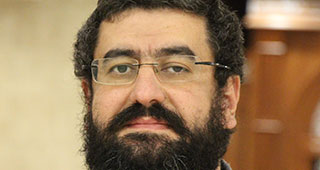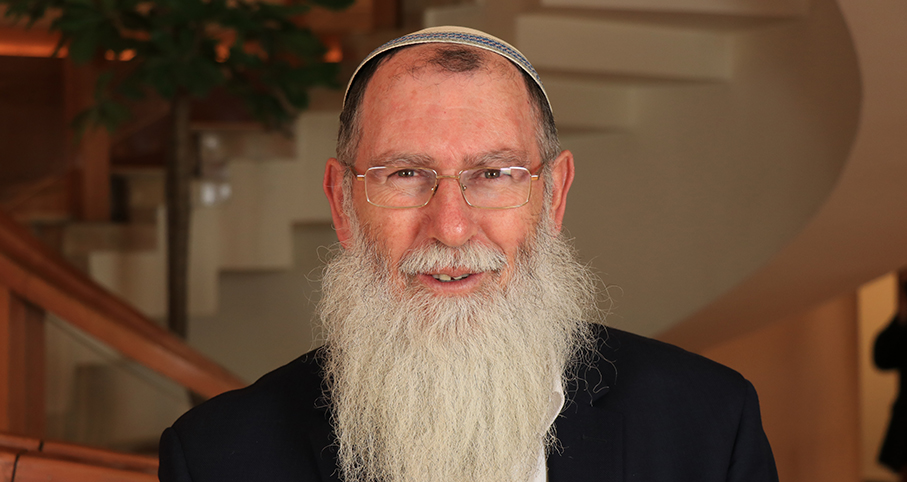Beit Midrash
- Family and Society
- Education
- The Education of Children and Students
- Family and Society
- A Nation and its Halachot
- Leadership
The Torah study is dedicatedto the full recovery of
Asher Ishaayahu Ben Rivka
In such a process, self-realization is the ideal. It stems from an inner drive toward freedom, and therefore every additional constrictive framework is viewed as an encumbrance to the individual's burgeoning independence. Despite the advantages inherent in the clear-cut boundries of set frameworks, one who takes responsible advantage of true personal freedom of choice is able to ascend to the higher levels of service of God, and uncover the Divine wisdom imbedded in creation.
It would appear, then, that this phenomenon - this drive to do away with restrictive frameworks - is not, in essence, "anti-framework." Rather, it is an attempt to throw off the reins of irrelevant systems.
Kingship is viewed by many as the epitome of rigid framework - one who revolts against the kingdom becomes deserving of the death penalty! Yet, regarding an ideal kingdom, our Sages teach that "it has nothing of its own." That is, the ideal king really has no genuine position in the government - he merely provides the background, the framework for everything. He is like the conductor of an orchestra who plays no instrument: He helps each musician find the proper rhythm, tempo, and intensity. Hence, authentic, ideal kingship directs and arranges each of the various existing powers and talents, placing them in their most appropriate and natural positions. This is for their benefit, and for the benefit the whole. It does not attempt to suppress independence. Neither does it contain the aloofness and egocentricity of self-realization. Rather, it arranges everyone in perfect harmony.
This said, it is possible to assert that, if the present cry to throw off the yoke of rigid frameworks derives from the individual's inner drive to fill a natural and appropriate role, it is, even if only on a subconscious level, a demand for a God-fearing king who will orchestrate over us all.
We are witness, on the one hand, to a process of liberation from confining frameworks. On the other hand, we find an inner desire for a great leader. This exists in all in layers of society. Drives that appear at first sight to be paradoxical, are, in all actuality, two sides to the same coin. Despite the drive for both freedom and a monarchy, we must remember the words of the Sages, that without the fear of the kingdom "people would swallow each other alive." Despite our sincere longing for the true freedom of the End of Days, we must continue to maintain fixed frameworks until that time arrives - speedily, please God.
To Young Drivers
Rabbi Zalman Baruch Melamed | 20, Av 5754

























